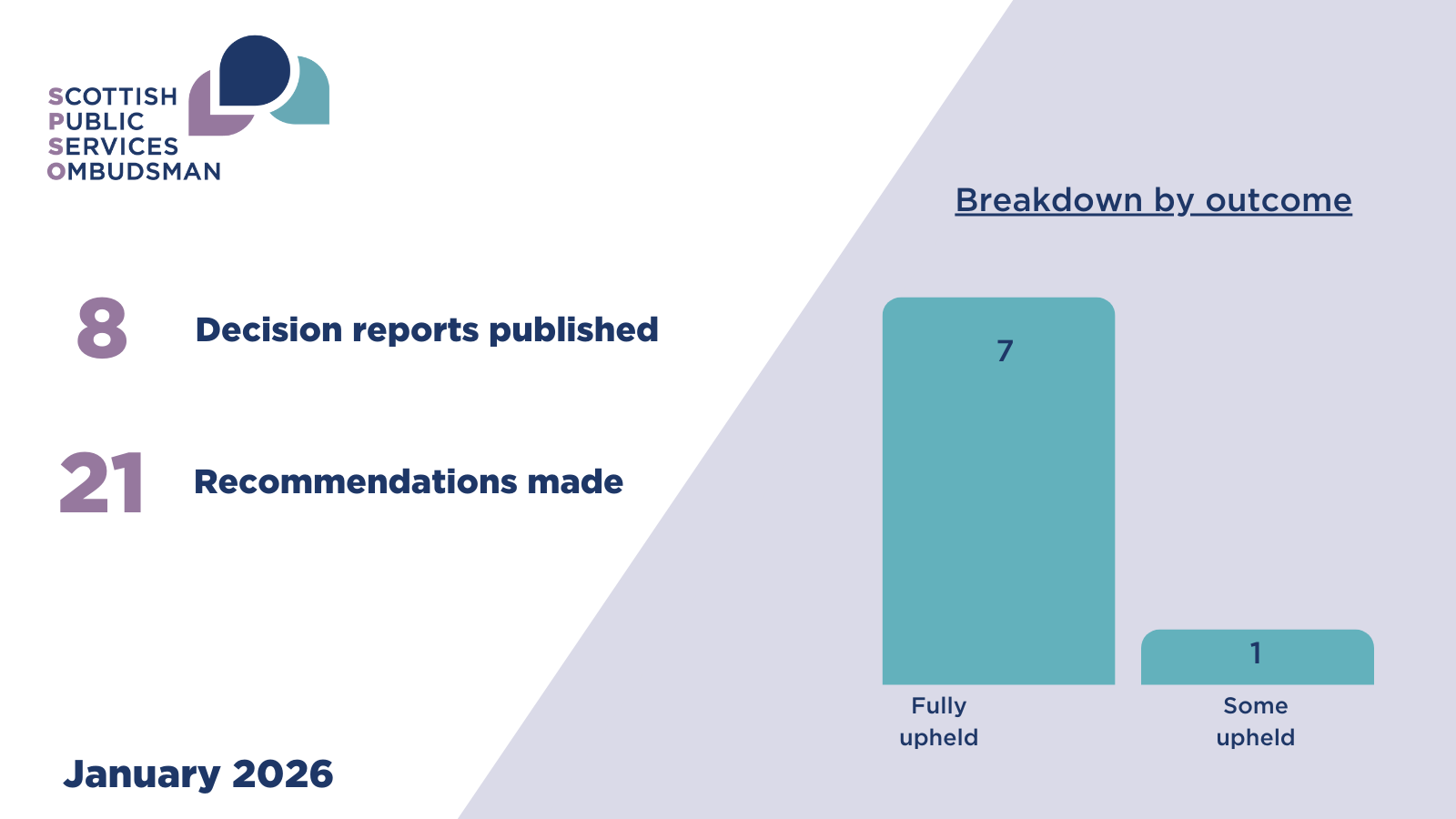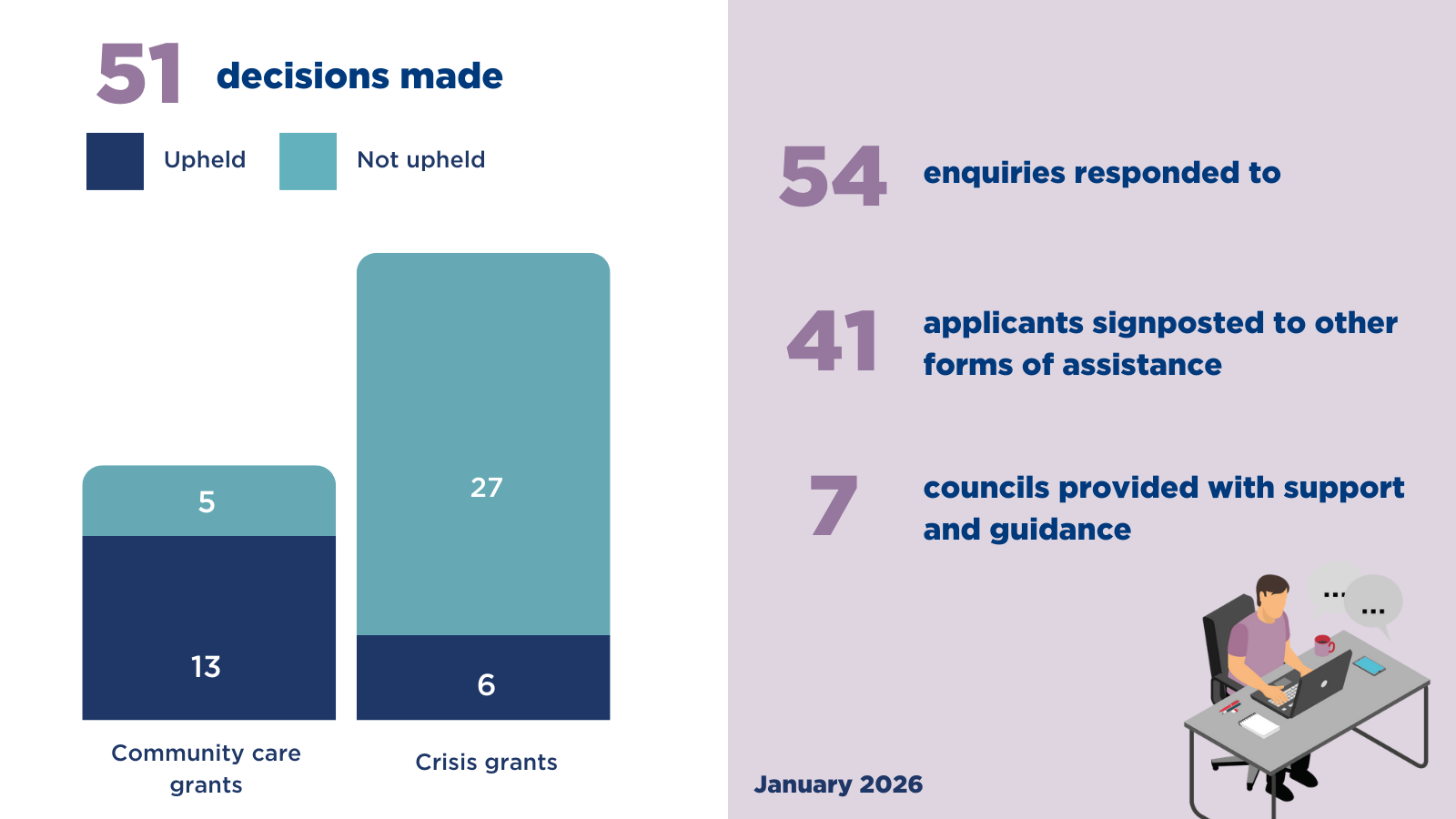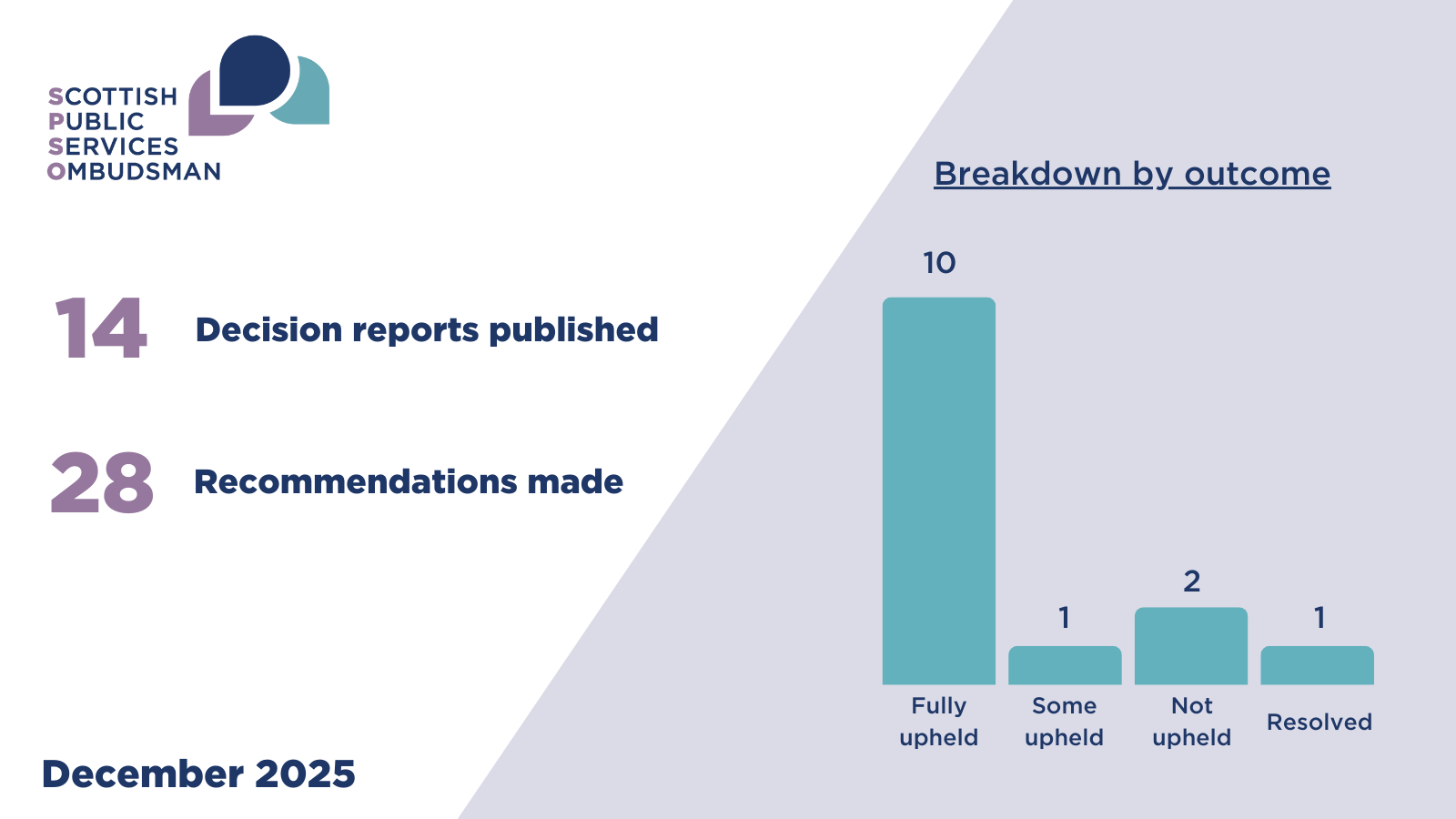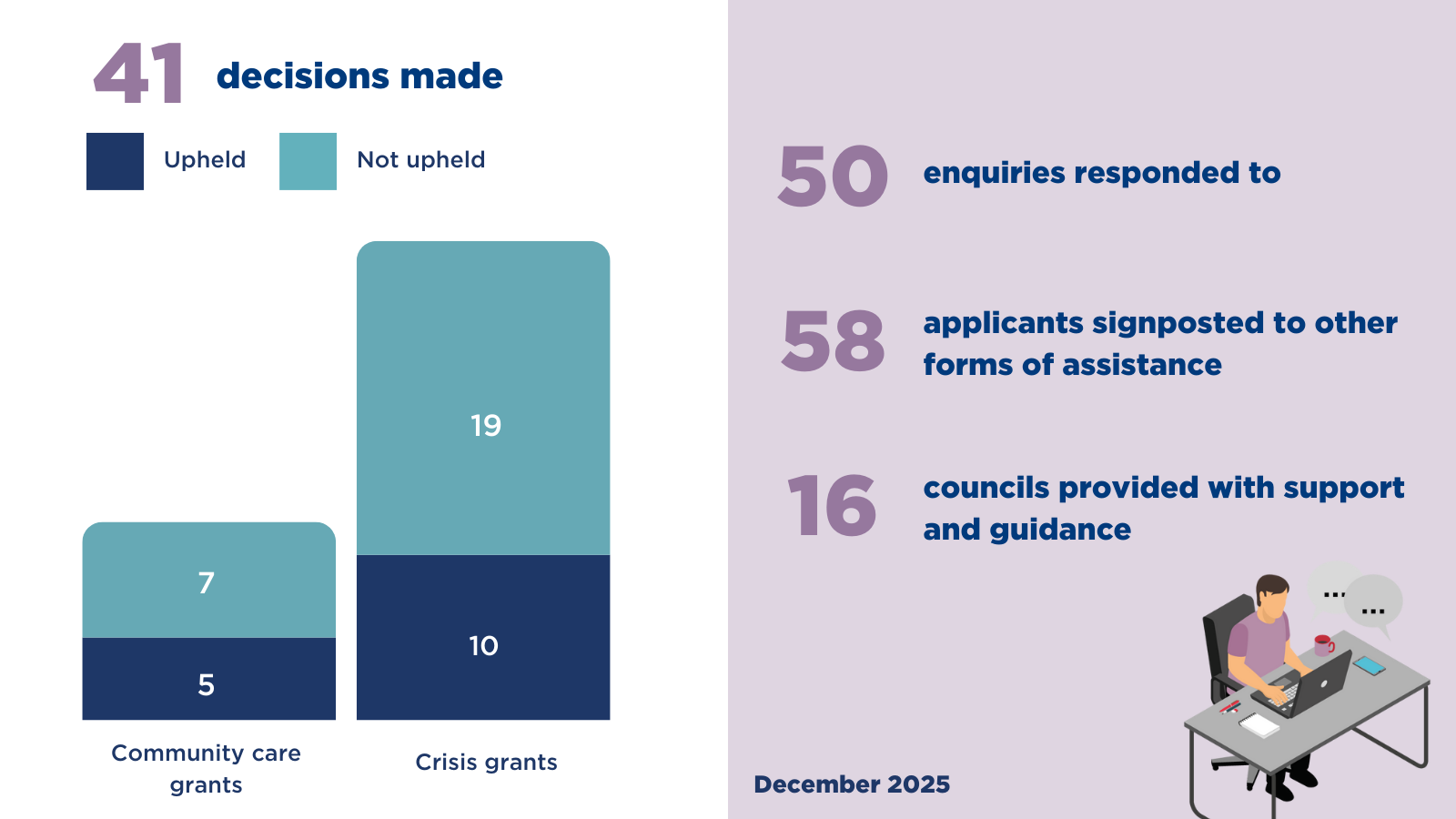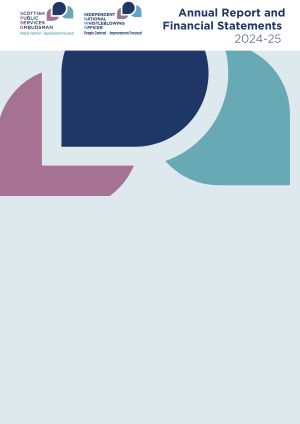SPSO Conference 2020
SPSO Complaints Improvement Conference
Tuesday 25 February 2020, Tynecastle Park
Our next complaints improvement conference is now available to book! The conference will focus on the recent review of the model Complaints Handling Procedure and best practice in complaint handling – especially learning from complaints. There will be a mixture of presentations and workshops around the following themes:
